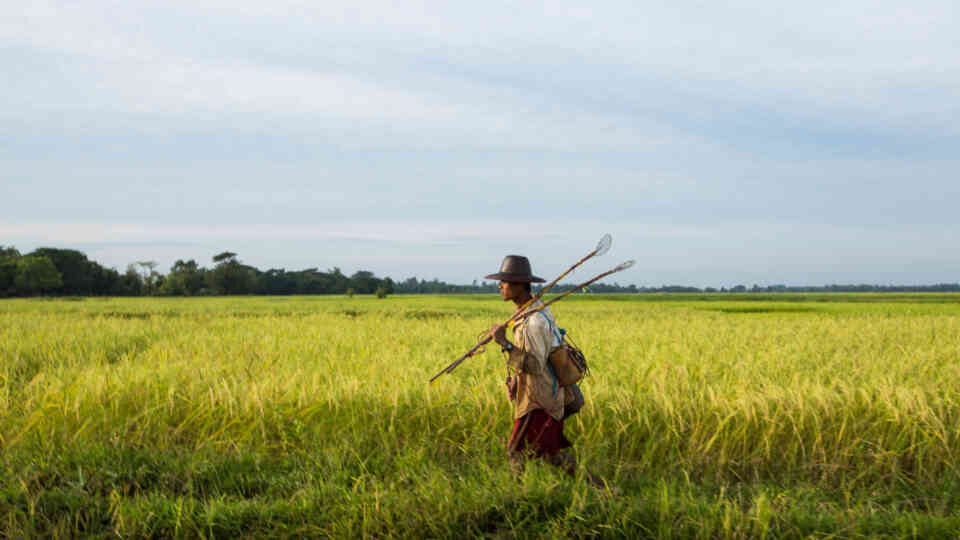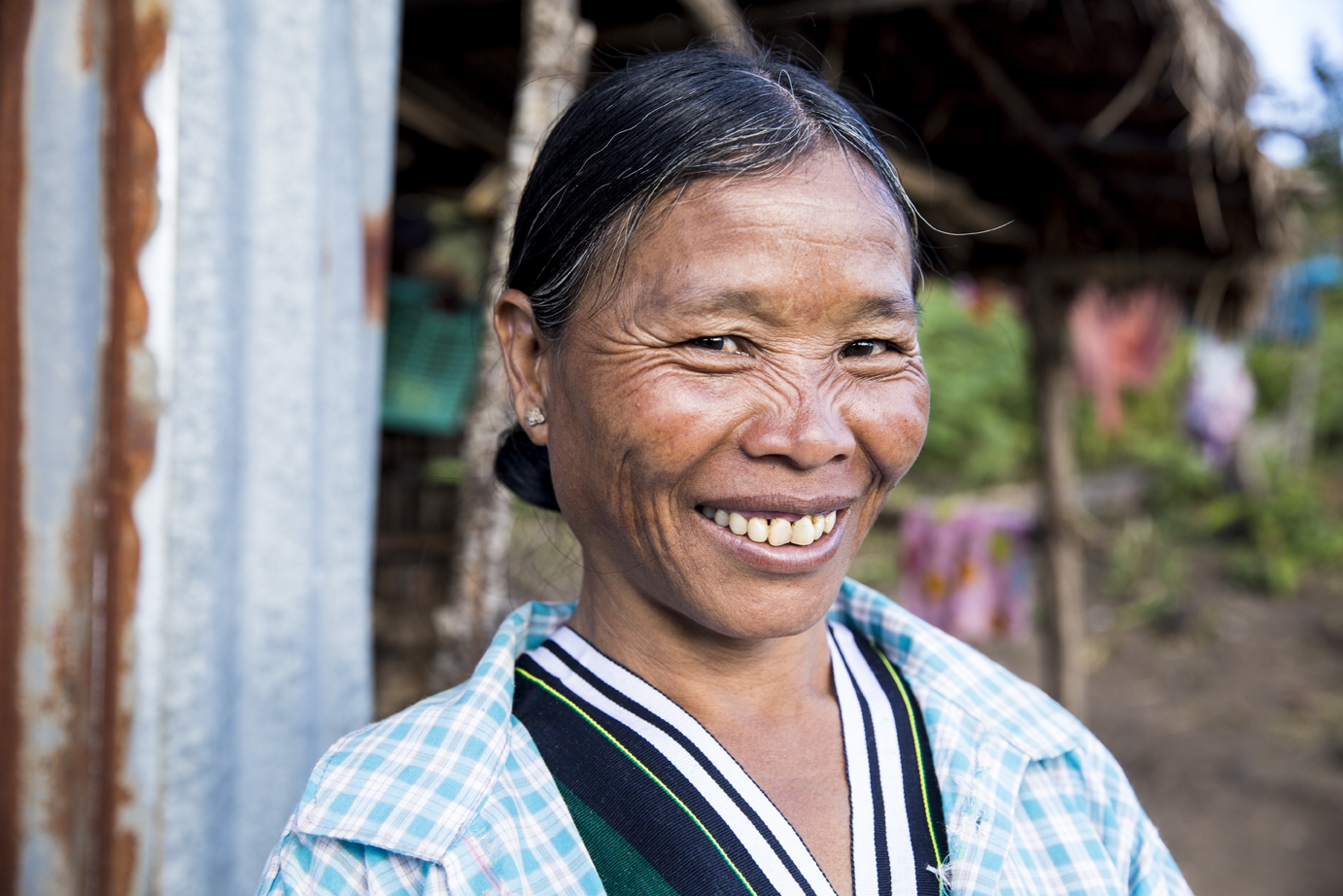The United Nations Office for Project Services (UNOPS)

Leverage private capital to spur sustainable development
Encouraging the private and public sectors to share financial risks can help spur local development. Here’s how.
Around the world, many development projects designed to create new opportunities rely on aid from foreign governments to finance them. The amount provided, however, is just a drop in the bucket compared to the $5 trillion to 7 trillion a year needed to achieve the Sustainable Development Goals by 2030.
So how can we close that gap?
If the public and private sectors mutually share some of the risks – and rewards – of local development projects, new avenues for funding and economic growth could be created.
But convincing the private sector to invest in sometimes financially risky development projects is no easy task. A new approach to financing is needed that reduces financial risks in order to encourage private sector investment.
There are very few successful examples of how to do this – particularly in many of the countries in which UNOPS works, where both private sector investment and public sector capacity can be relatively limited.
Let’s look at Myanmar, for example. Agriculture is vital for the country’s economy. However, the banking sector is relatively new and still fragile. In part because of this, farmers and rural entrepreneurs often have difficulty securing the loans needed to buy farm and transport machinery on terms they can afford. Without this equipment, farmers are unable to make their operations more efficient or expand their operations, keeping them in a cycle of poverty.
To overcome this and to address private sector concerns of the potential financial risk of funding a development project, the Livelihoods and Food Security Fund (LIFT) – managed by UNOPS – tested a novel financing model.
In order to leverage significant amounts of investment from the private sector to help farmers purchase the equipment they need to grow their businesses, a $9 million partial risk guarantee was provided to reduce the exposure of private banks to delinquent loans. As part of this, UNOPS through LIFT agreed to cover 20 per cent of the cost of loan defaults. In return, banks had to invest their own capital into a new loan product specifically for farm and transport machinery.
Under LIFT, equipment sellers refer rural business owners to a bank participating in the programme. The business owners can then borrow money – the average size of the loan is $15,000 – from the bank, with attractive terms for entrepreneurs – terms that weren’t commercially viable before the partial risk guarantee. The more advantageous terms include a reduced down payment (10 per cent instead of 30 per cent) and longer loan periods (up to three years instead of one year) than before, as well as a repayment cycle that matches seasonal cash flow.
This new approach to financing development projects has allowed all those involved, from both the public and the private sector, to share the risks – as well as the rewards – of this investment.
Over a three-year period, farmers and rural entrepreneurs in Myanmar received $114 million in loans, which was used to pay for more than 4,000 tractors, 1,000 combine harvesters, and 1,300 agricultural vehicles and farm equipment. In the more than 10 years that LIFT has operated, sales volumes for participating farmers have grown 500 per cent, primarily fueled by the new loan product.
In addition, around 200,000 farmers have rented farm machinery to till and harvest more than a million acres of land more efficiently, saving them $25 million dollars in production costs and increasing gross margins per acre by $22.
More efficient farming practices mean less time spent doing previously labour-intensive agricultural tasks – and more time for children, who often help with time-sensitive activities on farms, to go to school. Decreased production costs mean more money for farmers and rural entrepreneurs to re-invest back into their businesses. And increased sales volumes and gross margins mean lifting thousands of farmers out of the cycle of poverty.
Andrew Kirkwood
Andrew Kirkwood is UNOPS Director and Representative in Myanmar. Before that, he spent more than six years as Fund Director for the Livelihoods and Food Security Fund, which is dedicated to improving the lives and prospects of the most vulnerable people in Myanmar.















